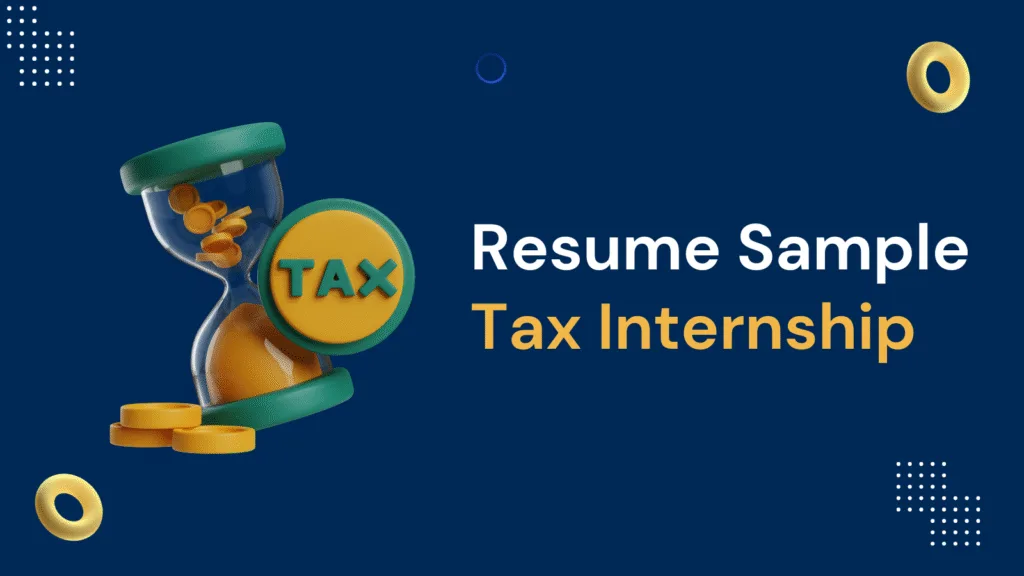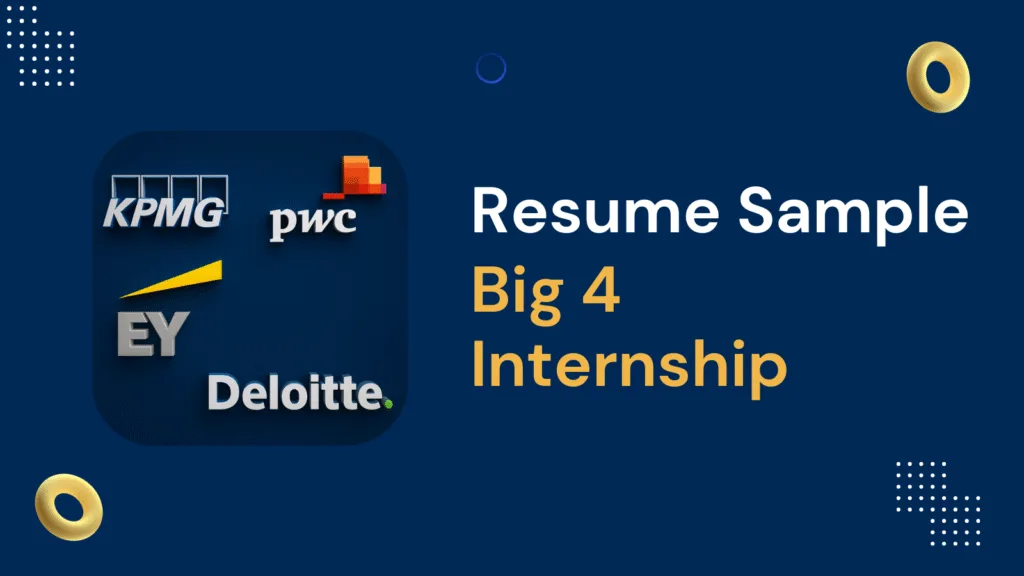Land your dream finance internship in 2025 with ATS-friendly resume templates, key skills, and examples for students, MBAs, and freshers.
Guide to writing a computer science internship resume with format, skills, and sample examples for students.
Craft a standout fashion designer internship resume with key skills, portfolio tips, and examples that get recruiters to notice you.
A complete guide on writing a tax intern resume with examples, skills, and job descriptions to help you stand out in internship applications.
Learn how to craft a standout Big 4 internship resume with the right format, skills, and tips to impress Deloitte, PwC, EY, or KPMG.
Looking to land a fiscal internship? Learn how to write a resume objective, showcase key skills, craft a strong summary, and structure your CV.
Learn how to add your NCC certificate in PSC exams, its value for engineering students, and how it boosts careers in government & private jobs.
A step-by-step guide to writing a data science internship resume with no experience. Learn how to highlight your skills, projects, and certifications to stand out.
Switching careers doesn’t mean starting over. Employers value transferable skills like communication, teamwork, and leadership across every industry.








